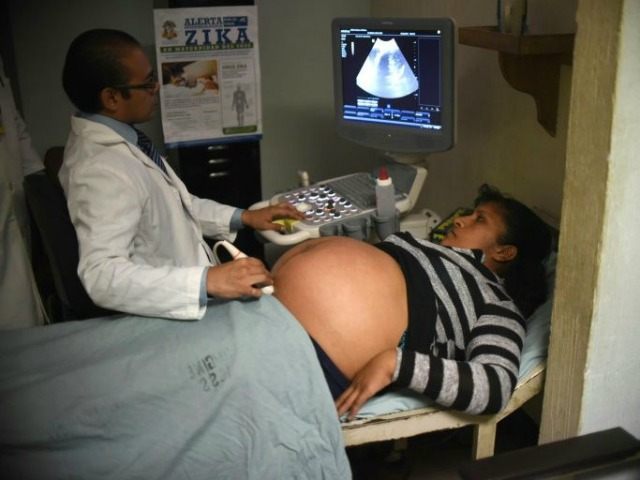The World Health Organization said Tuesday that sexual transmission of the Zika virus is more common than previously believed, especially male carriers infecting women. WHO also reported mounting evidence for the connection between Zika, birth defects, and neurological disorders, such as Guillain-Barre syndrome.
The announcements came after a meeting of WHO’s emergency committee, which considered evidence from 31 countries experiencing Zika outbreaks.
The Associated Press quotes WHO Director-General Dr. Margaret Chan saying, “reports and investigations in several countries strongly suggest that sexual transmission of the virus is more common than previously assumed.”
Over a dozen such cases are currently under investigation in the United States. Another World Health Organization doctor, Bruce Aylward, noted the number of sexual transmissions was still very minor compared to infections from mosquito bites.
“The mosquito is undoubtedly still the main driver of transmission,” Dr. Aylward said.
The link between Zika and birth defects such as microcephaly, as well as neurological responses in victims from all age groups, is still considered circumstantial rather than definitively established, but the circumstantial evidence is growing. Nine countries have reported cases of potentially deadly Guillain-Barre syndrome that might be linked to Zika, while microcephaly in newborns has been reported in Brazil, French Polynesia, and possibly Colombia.
“Microcephaly is now only one of several documented birth abnormalities associated with Zika infection during pregnancy,” Dr. Chan warned, while Aylward described the evidence linking the Zika virus to these other disorders was “really compelling.”
A new study from Brazil asserts that Zika is definitely linked to birth defects, and microcephaly may be “only the tip of the iceberg.” Among the other problems described by the study are calcification of brain tissue, problems with the placenta and amniotic fluid, abnormally small body size, and even stillbirth. Nearly thirty percent of the pregnant women infected with Zika in this study reported some form of abnormality.
The World Health Organization reiterated its travel advisory against pregnant women traveling to Zika outbreak regions and advised such women that, if their partners visit such areas, “they should practice safe sex or abstain from sex for the duration of their pregnancy.”
“All of this news is alarming,” said Dr. Chan.

COMMENTS
Please let us know if you're having issues with commenting.